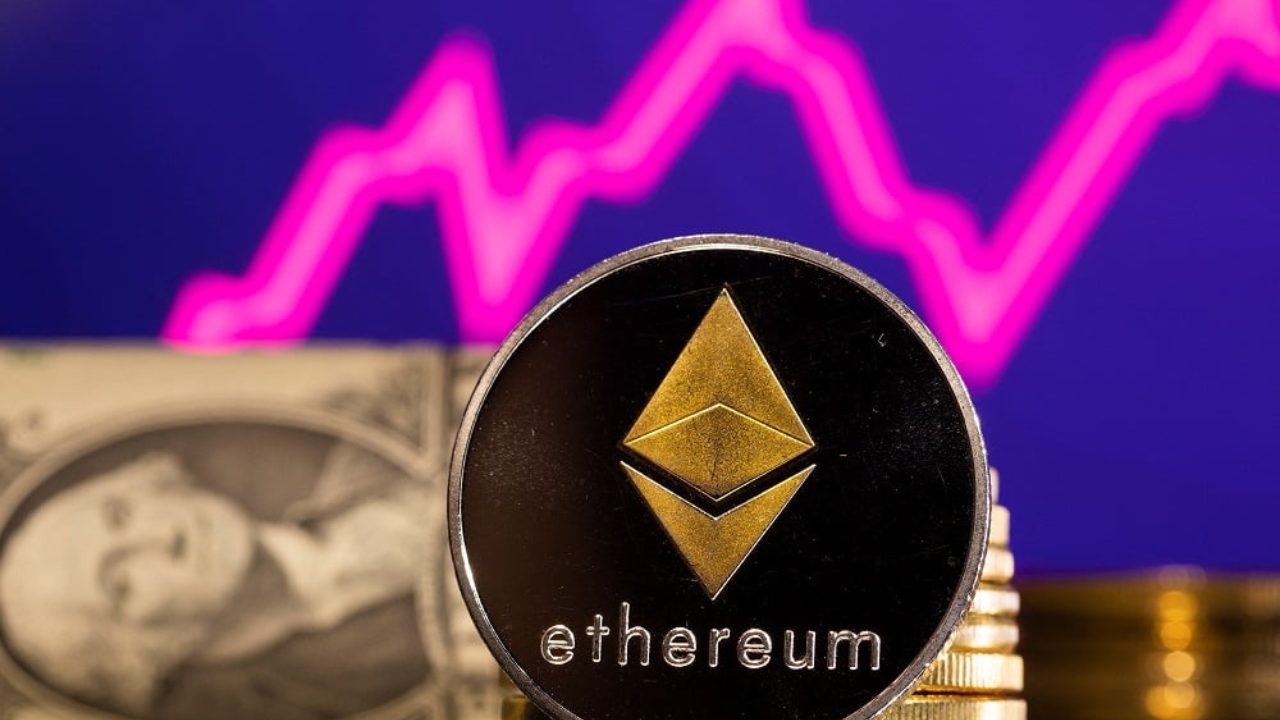Ethereum has evolved since its launch as a digital currency game-changer in 2015. People should know that the majority of individuals do relate Ether (ETH) with the second-largest cryptocurrency in respect of market capitalization, Ethereum owes its real power to the blockchain technology. As a programmable network, Ethereum enables developers to build decentralized applications (dApps), smart contracts, and entire distributed ecosystems not controlled by any centralized authority. This has made the ethereum price stand out as an entity that has revolutionized several real-world industries. Ethereum is becoming a solution to real-life problems, whether in the sphere of financing and supply chains, healthcare, or digital identity.
The Transformation of Financial Services
One of the best real-world uses of Ethereum is decentralized finance (DeFi). Ethereum can be used in this industry in its role of smart contracts to offer financial services like lending, borrowing, trading, and saving without having interest in conventional banks or financial intermediaries. The Ethereum-based protocols like Compound have also created open financial systems where users can earn interest on their crypto assets, trade crypto tokens directly, or get a collateralized loan. It is also transforming the perception of institutions and individuals about money, ownership, and liquidity.
Supply Chain Transparency
Fraud, counterfeiting, and traceability are some of the problems that have long plagued supply chain management. Ethereum is addressing these issues by offering transparent, tamper-proof records of the journey of products all the way to a consumer. Using smart contracts, businesses are able to automate checkpoints and validate transactions at supply chain nodes. An example is the luxury goods brands, which utilize Ethereum to verify goods by associating the physical product with digital tokens. In farming, Ethereum is assisting in the monitoring of the path of food and groceries from farms to the shelves of grocery stores, making it safe and compliant.
Empowering Self-Sovereign Identity Systems
Ethereum is also becoming the key to the development of self-sovereign identity systems. The traditional model has people trusting governments or companies to issue and authenticate their personal data, such as IDs, passports, or credentials. This dependence has privacy issues and reduces control by users. Decentralized identities in Ethereum allow individuals to manage, possess, and exchange identities in a secure manner. Non-fungible tokens (NFTs) or verified credentials enable the user to verify the identity, confirmation of academic or professional experience, without involving a central institution. The implication of this is disastrous to privacy over the internet, services between countries, and even voting.
Gaming and Virtual Assets
Ethereum is changing the traditional system of gaming and digital assets, as it is introducing the concept of real ownership. Ethereum-based games enable game players to earn, trade, and own in-game items as NFTs, which are independent of the game itself. This implies that players are able to sell their digital assets, spend them in various ways, or invest in them. Experiences such as Decentraland and Axie Infinity have shown how the Ethereum-based gaming ecosystem can be used to eat away at the boundaries between virtual economies and the real-world financial system. The Ethereum smart contracts enable players to purchase virtual land, trade characters, and generate income by using play-to-earn models.
The NFT Revolution Spark
The non-fungible token (NFT) boom has revolutionized digital art and collectibles, and Ethereum is the foundation of it. Now, artists can issue one-of-a-kind digital assets on the Ethereum blockchain and sell them directly to collectors, without intermediaries. Every NFT has unchangeable evidence of possession and provenance, so it is excellent to use with digital art, music, or even film. In addition to art, Ethereum NFTs are being employed in ticketing, loyalty programs, and limited-edition merchandise. They can be programmed such that the creators can place royalties on the tokens so that they get a cut of any subsequent resale.
Real Estate and Property Rights
The other area that would take advantage of the features of Ethereum is real estate. Using tokenization, a physical asset like land or property may be converted into a digital token in the blockchain. This allows easier division of ownership, trading of portions of properties, and transactions to be settled more quickly and openly. Ethereum smart contracts can address rent collection, conveyance of property, and legal contracts, saving on paperwork and delays that are common in real estate transactions.
Conclusion
Decentralized applications, execution of smart contracts, and the availability of transparent and unchallengeable records are only achievable on Ethereum, and therefore, it will be the most appropriate platform to address real-life problems. It does not matter whether changing finance and the supply chains or reframing the vision of digital ownership and identity, Ethereum has ceased being a cryptocurrency platform; it is a worldwide, scalable infrastructure on which it is now possible to innovate. As more and more people connect and an industry using Ethereum and as the technology matures, Ethereum will continue defining how industries operate and how people exchange and communicate, as well as how value is created, transferred, and changed in the digital age.


